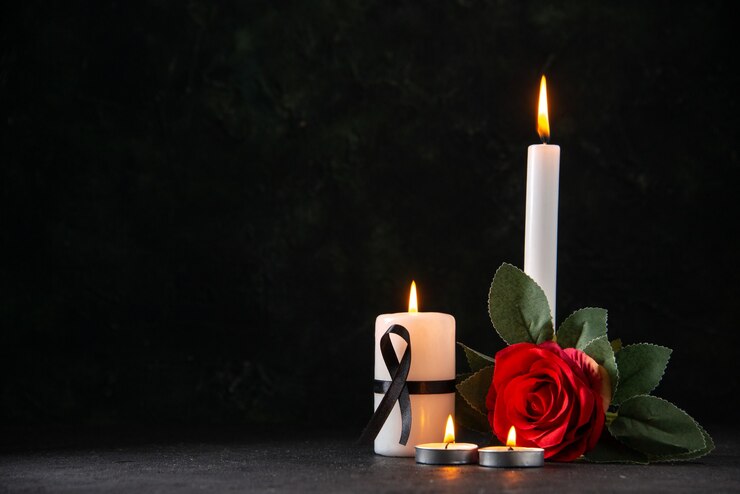Grieving the loss of a loved one is always painful and tough. But losing someone because they took their own life adds a whole new level of pain, shock and anguish.
Apart from mourning the deceased, you’re grappling to find answers to a dozen questions so you can have some closure. “Why did they do it?” “Was our relationship not solid enough to keep them alive?” “Is there something I could have done better?” “Did I miss any cues?”
Unfortunately, there’s a high chance that you’ll never get the answers to these questions; at least not all of them. Furthermore, the numbing sadness that you feel for their loss will never vanish completely. But, there are several things you can do to overcome the pain and move on with your life. The following post highlights 5 ways to cope after a suicide loss.
Speak to a Licensed Mental Health Expert
One of the first things you should do is to look for a licensed therapist, preferably, one who specializes in dealing with suicide bereavement. This health practitioner will help you in the following ways:
- Help you to come to terms with the loss and get a better understanding of the mental health issues that the deceased may have suffered from
- Treat the subsequent psychiatric problems that might arise, such as PTSD
- Find some sort of closure in case you had any unfinished business with the deceased
- Find the best way to deal with mixed reactions from family members
Grieve in Your Own Way
According to research, a whopping 800,000 people take their own lives each year across the world. This means a suicide death occurs every 40 seconds!
Based on this, there’s no doubt that there are thousands and thousands of suicide survivors. Although this group of people experience a very similar traumatic loss, grief is completely personal. Each suicidal loss is different, which means you’re allowed to mourn in whichever way you’d like.
Don’t fault yourself for experiencing certain emotions. Similarly, don’t compare your coping mechanism to others’. Only you understand the kind of relationship you had with the deceased.
Keep a Journal

Not everybody is ready to share their thoughts and emotions with others after losing someone to suicide. And that’s totally okay. However, it’s not good to bottle up these feelings either. Attempting to conceal your feelings is unhealthy and pointless because they’ll always be there.
Instead, you should take a break, giving yourself sufficient time to feel. Look for ways to express the whirlwind of emotions you’re experiencing. If you’re a painter or illustrator, express them through your artwork. If you’re good with your words, pen a letter to the deceased.
Letting out these emotions provides some form of release and helps to soften the blow. It might not give you closure but it makes it easier to cope and resume your normal life.
Join a Support Group
The majority of people who lose their loved ones to suicide tend to isolate themselves. However, it’s important to find a support system to walk with you on this journey.
For some, this could be close friends and families. For others, this could mean interacting with individuals who’ve experienced something similar. Let each of you look not only to his own interests, but also to the interests of others. (Philippians 2:4)
Conclusion
Losing a friend or family member to suicide is a pretty devastating and traumatizing experience. But as numbing and shocking this ordeal is, you need to look for a way to cope, overcome the grief and move on. Some effective coping strategies include speaking to a mental health pro, and joining a support group. At the same time, give yourself time to mourn and grieve in your preferred way.








Can you be more specific about the content of your article? After reading it, I still have some doubts. Hope you can help me.